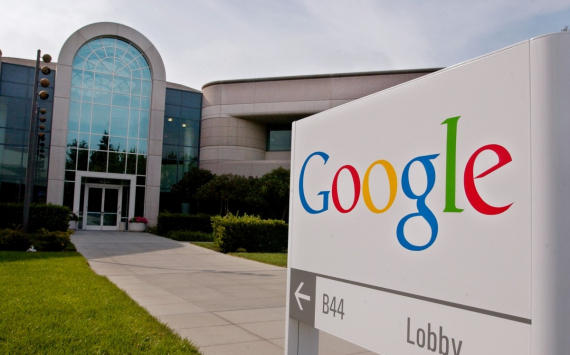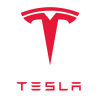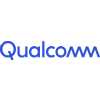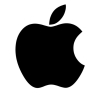
New devices from Google
Google on Tuesday unveiled its new Pixel 6 and Pixel 6 Pro smartphones with proprietary Tensor chips and the recently released Android 12 operating system. The new devices are available with a Pixel Pass subscription, which includes access to paid services such as YouTube Premium, the Play Pass games service and more.
Alphabet's shares, up 87 per cent over the past year, were up 0.6 per cent after the close of trading on Tuesday.
One of the key features of Google's new 2021 smartphones is the use of its own Tensor chips, which the company announced in August. These chips will replace Qualcomm (QCOM) chips in Google's smartphones for the first time in 15 years.
Many big tech giants, Apple (AAPL), Amazon (AMZN), Alibaba (BABA), Tesla (TSLA), Facebook (FB), are now focusing on their own processor designs to help unlock the full potential of innovative technology and engineered features. The new Tensor chip unlocks the power of machine learning and supports features such as speech recognition both for typing and Google Assistant, as well as photo editing. Google has updated the cameras and added a tool to remove people and objects from the background, a new motion mode as well as a blur function.
The new devices will run on the recently released Android 12 operating system.
Deliveries of the new products will start on October 28 prices in retail shops will start at $599 for the 6.4-inch Pixel 6 and $899 for the 6.7-inch Pixel 6 Pro.
Google has also announced the launch of the Pixel Pass subscription, which allows you to purchase the new Pixel 6 and Pixel 6 Pro at the same time as accessing Google's paid services.
Pixel Pass costs $45 per month to get the Pixel 6 and $55 per month to get the Pixel 6 Pro.
This payment format has long been discussed by experts and market analysts, who are waiting for a similar move from Apple. Perhaps it will help boost both sales of Google's gadgets and increase the number of subscribers to the company's services.
Google has said that it intends to invest more in marketing its smartphones to increase its share of the business. Google's Android operating system runs on more than 3 billion devices worldwide, but the company's phones have failed to gain significant market share.















































